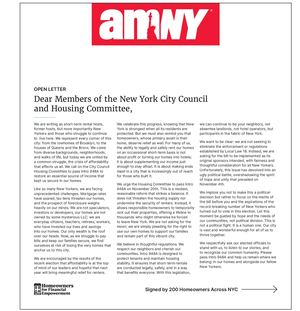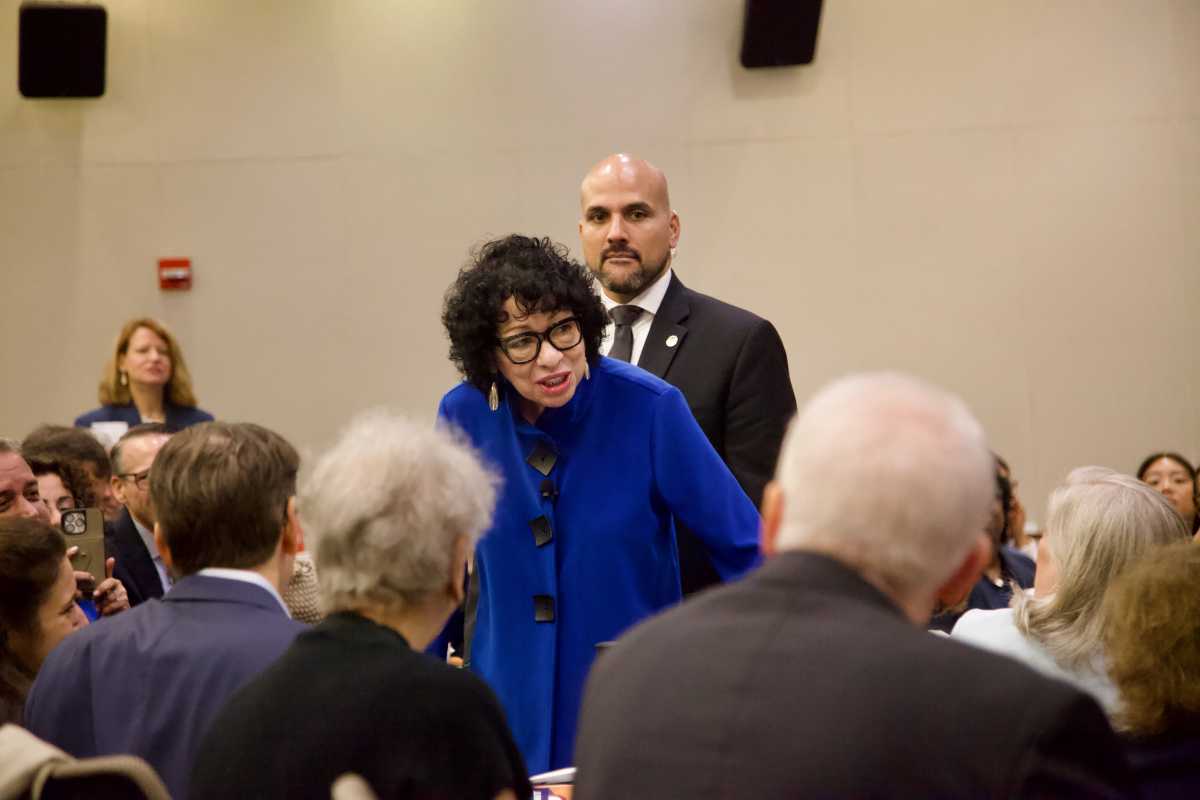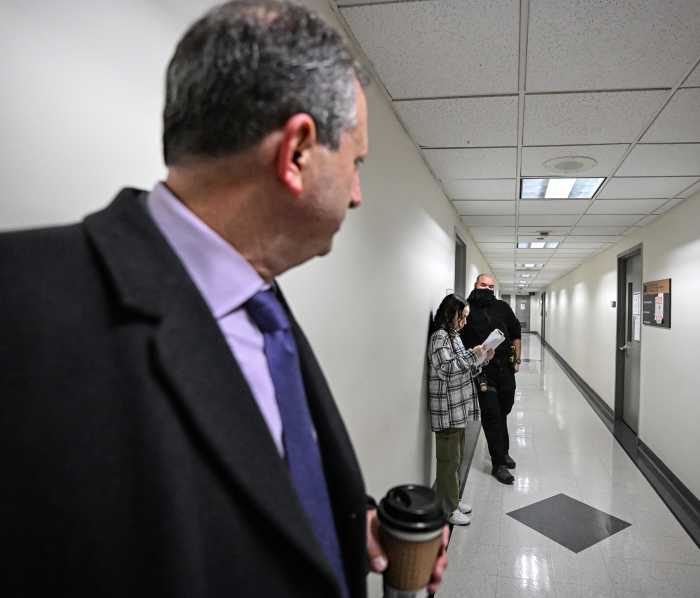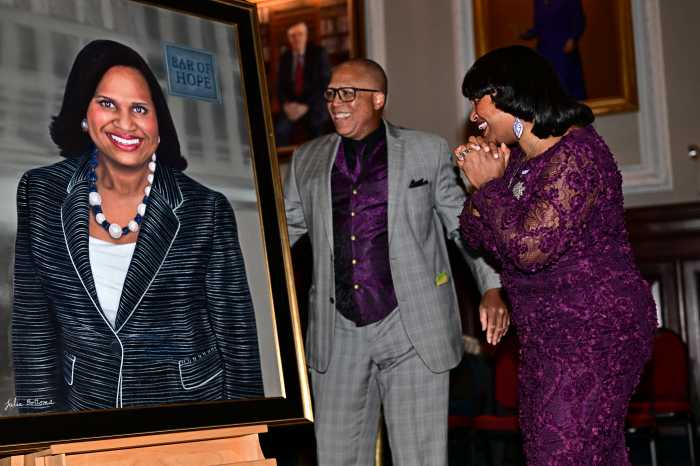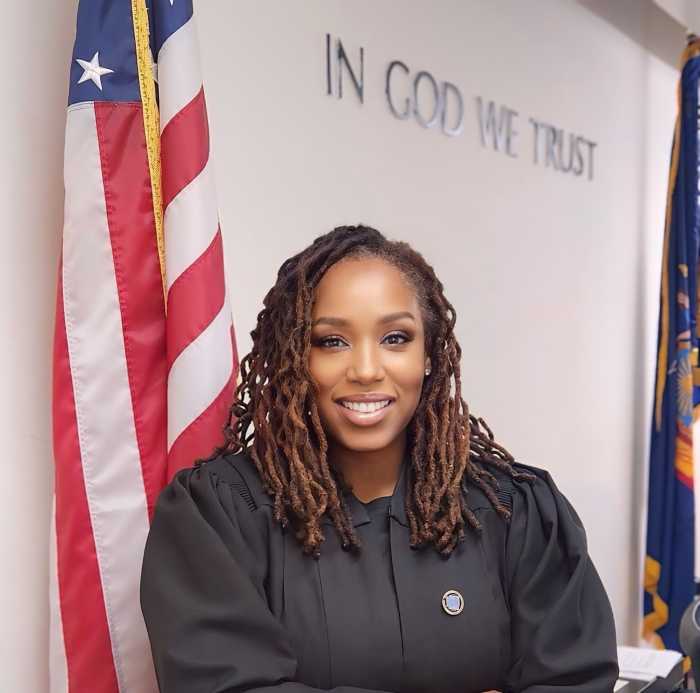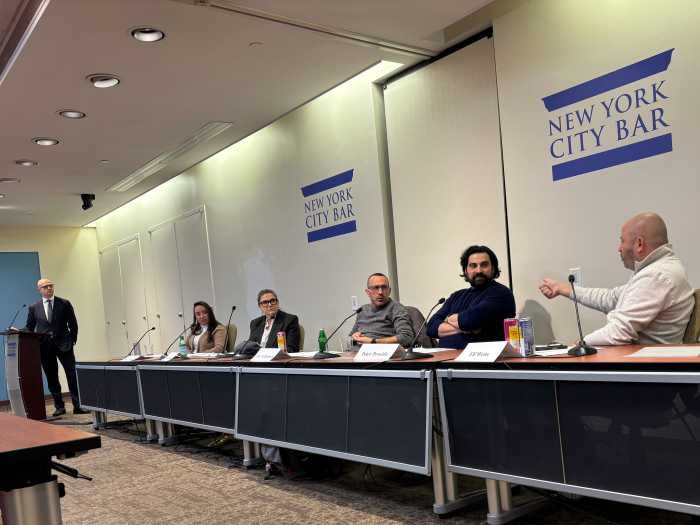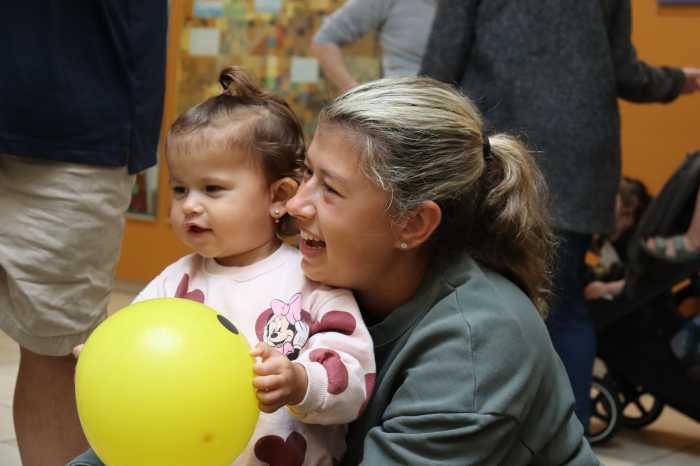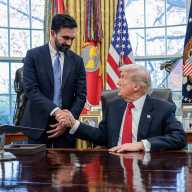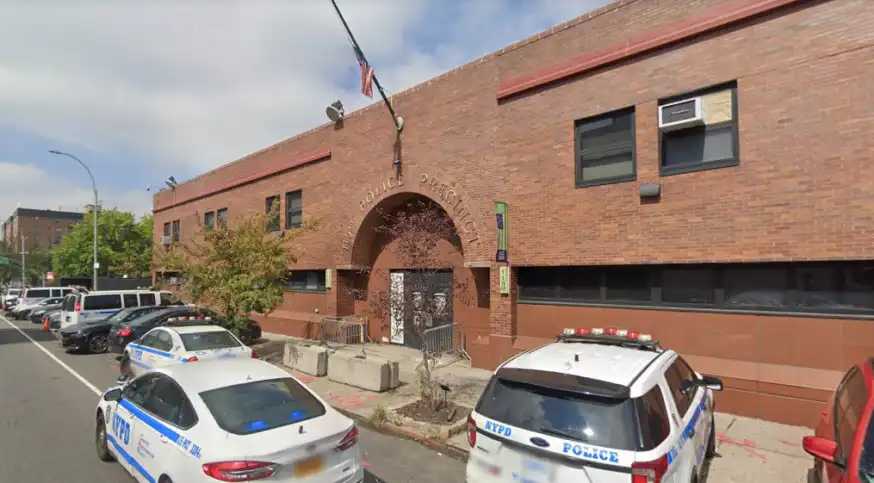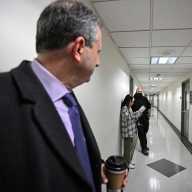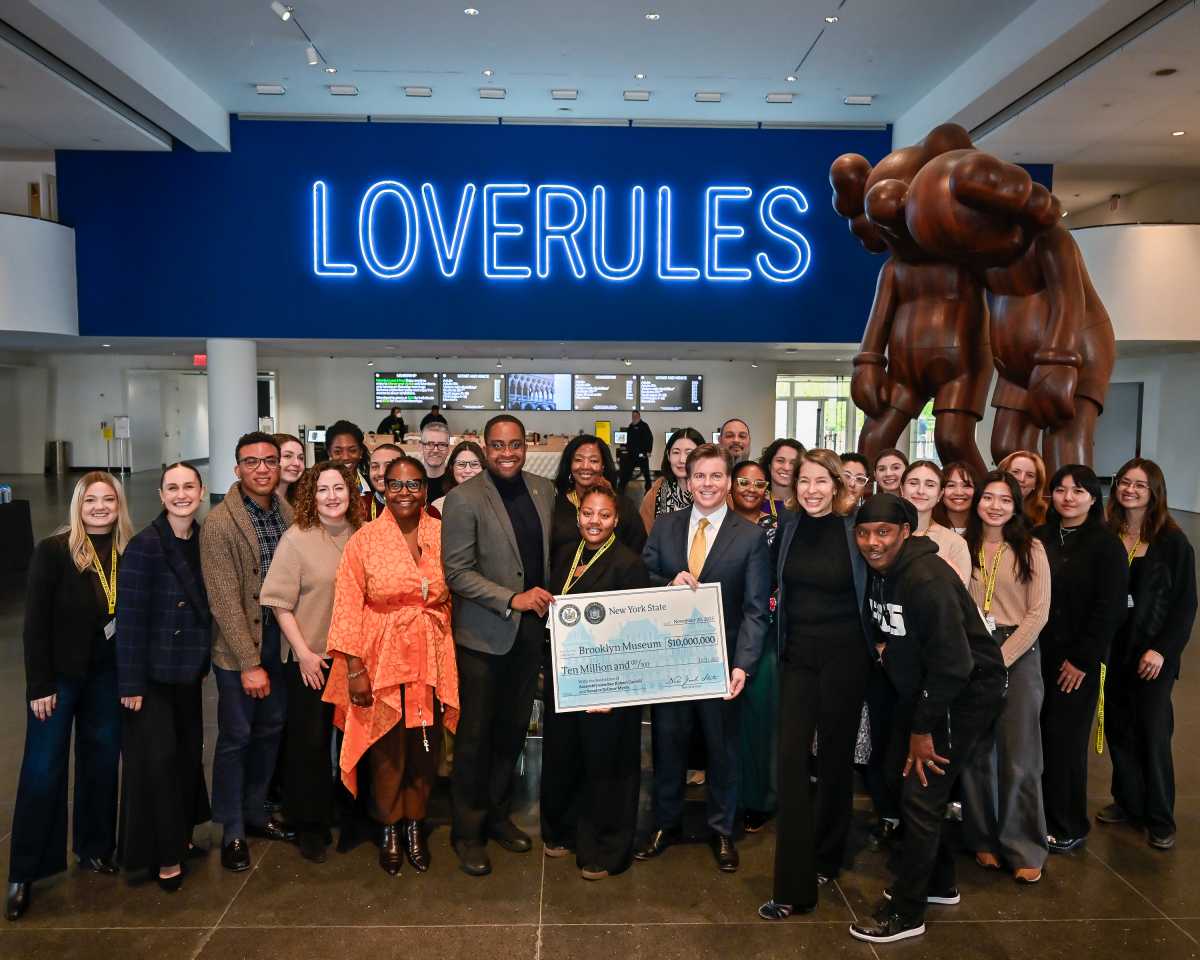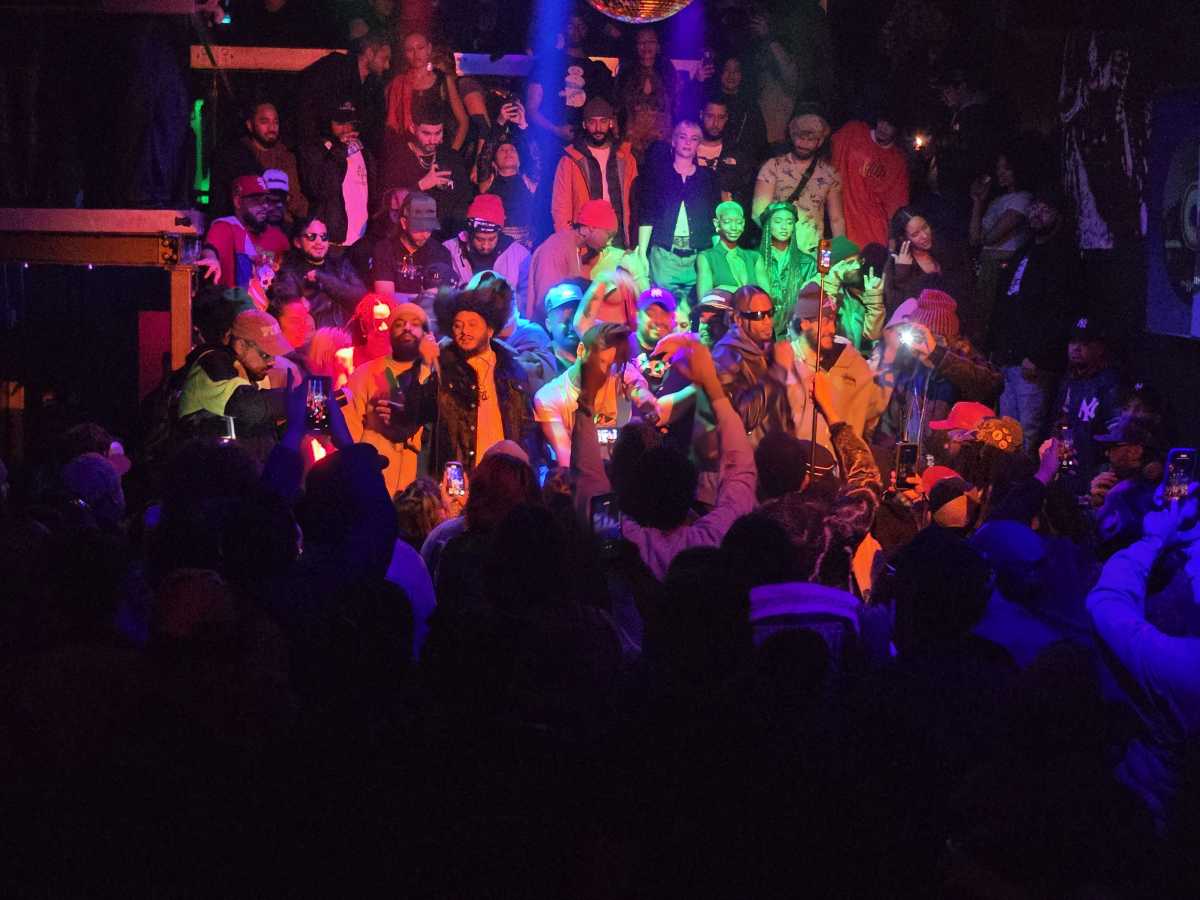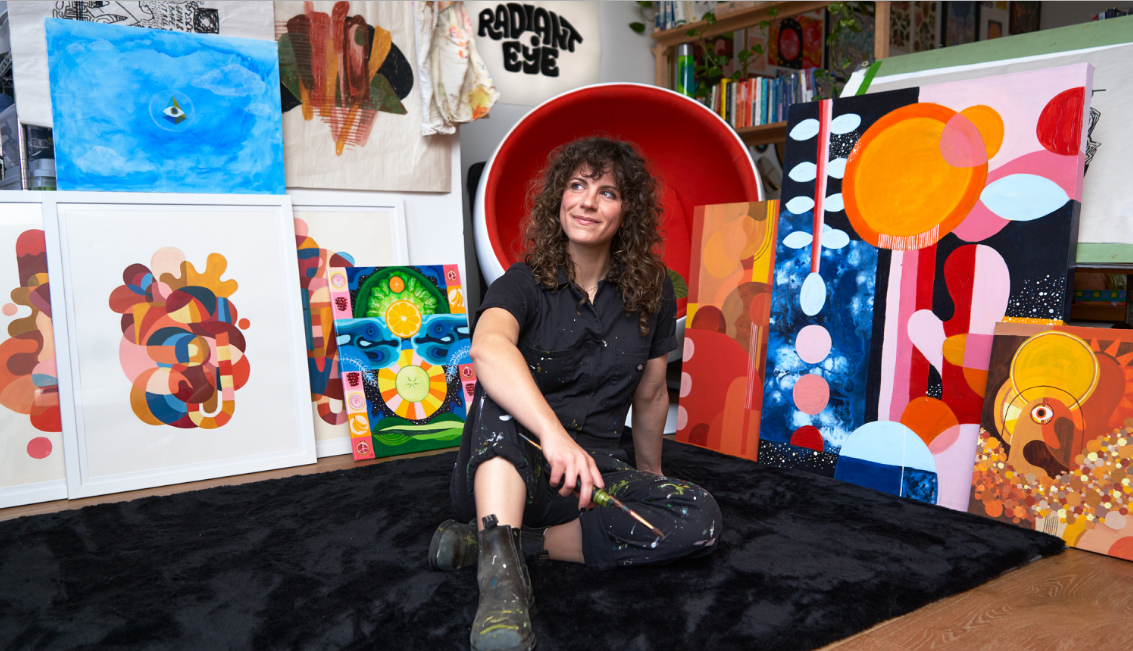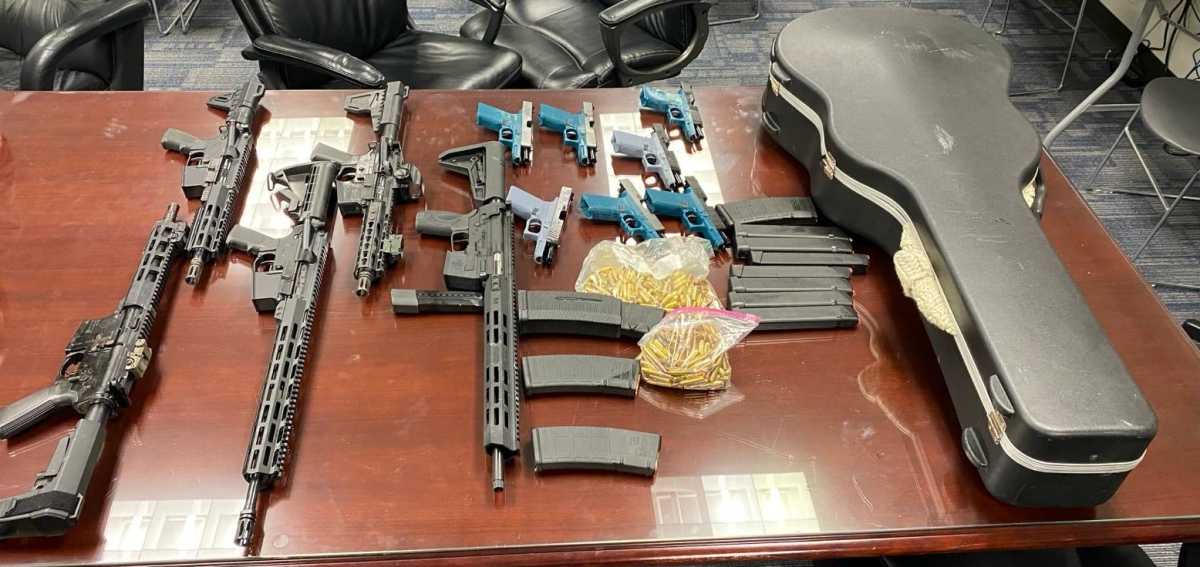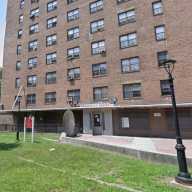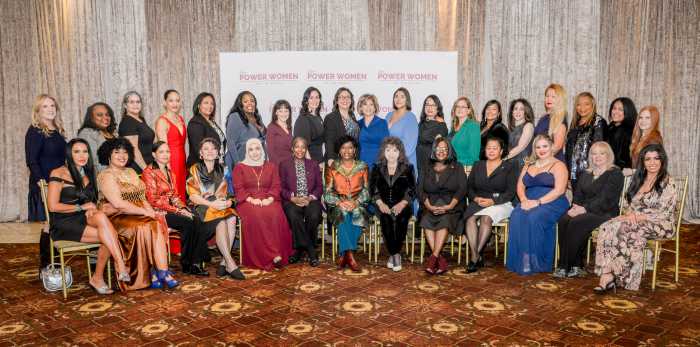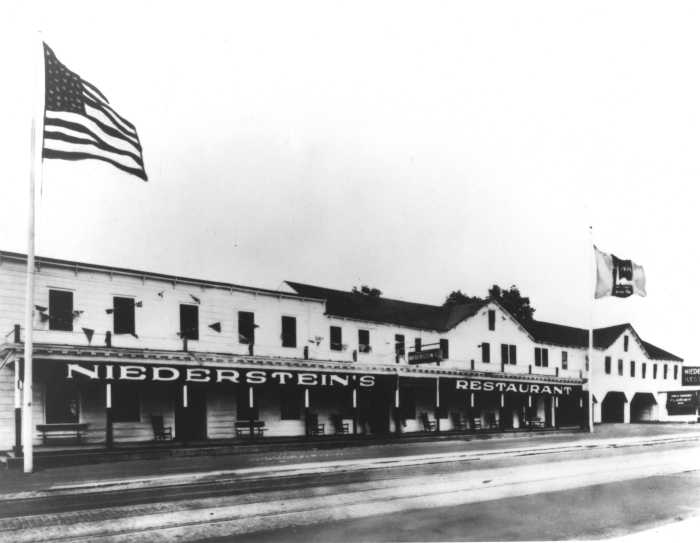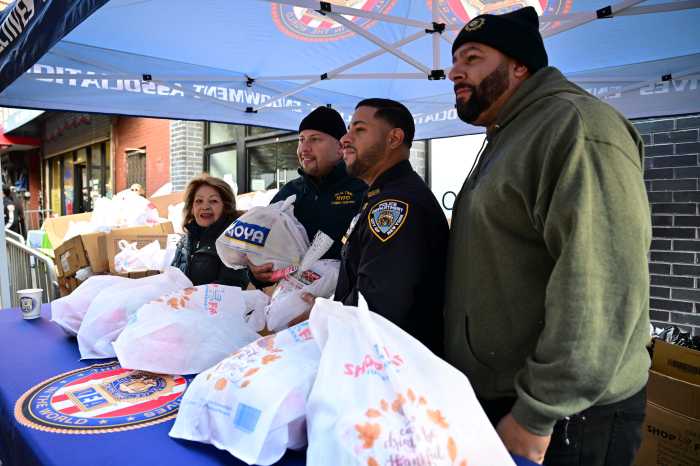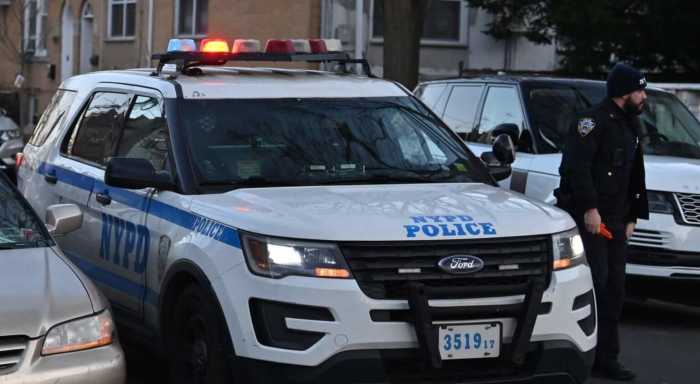Supreme Court Justice Sonia Sotomayor raised the concern over whether Americans understand the difference between a king and a president at a New York Law School event Tuesday.
At a “Constitution and Citizenship Day Summit” panel discussion aimed at fostering conversation about how to improve civic participation with the law school’s dean and several other state and federal judges, Sotomayor asked the question without referencing either political party or President Donald Trump.
At one point, New York Law School Dean Anthony Crowell asked Sotomayor how to address the gaps in the average adult’s understanding of the U.S. government and the rule of law.
Sotomayor said that schools could be doing more to reach the parents of students on civic topics.
“Do we understand what the difference is between a king and a president? And I think if people understood these things from the beginning, they would be more informed as to what would be important in a democracy in terms of what people can or shouldn’t do,” she said.
Sotomayor asserted the country has a widespread problem with media and government literacy and boosted iCivics, an online platform that provides educational online games and lessons to promote civics education as a potential solution.
“Everyone has a responsibility to become media literate. It is the number one priority of iCivics,” Sotomayor said. “It should be the number one priority in every program devoted to educating our people. If you’re only hearing one side of the story, you are not making an informed decision about your life.”
Sotomayor described the start of her civic participation in debate clubs in grammar and high school in the Bronx, and then her advocacy for language access for Spanish speakers in college. She broadened the idea of civic participation from being solely focused on government to community activism.
“Civic participation is community service on all levels of community,” she said. “It’s not just serving in government in an elected position or in an appointed position. It’s helping to run your community in a better way for everyone.”
Associate Judge of the New York State Court of Appeals Anthony Cannataro suggested that the courts also have an important role to play in facilitating civic education.
“Hopefully every single one of you who have those values drummed into you will then take it out into the world and try and share it with others,” he said. “We need an almost evangelical approach to civics and civics education. This is important stuff.”
Sotomayor also called for public service and civic education to be required in law schools to help teach a new generation of lawyers to instill a sense of “broader responsibility” for the legal system that they operate in.
“Everytime I hear a lawyer-trained representative saying that we should criminalize free speech in some way, I think to myself, ‘that law school failed,’ ” Sotomayor said.
Without alluding to specific current events, she suggested that law students are going to face the task of fixing our public institutions in the years to come.
“My hope and why educating our students is so critical is because I see them as the future. They are our hope to fix the mistakes that we are making,” Sotomayor said. “And boy, are they big mistakes.”
